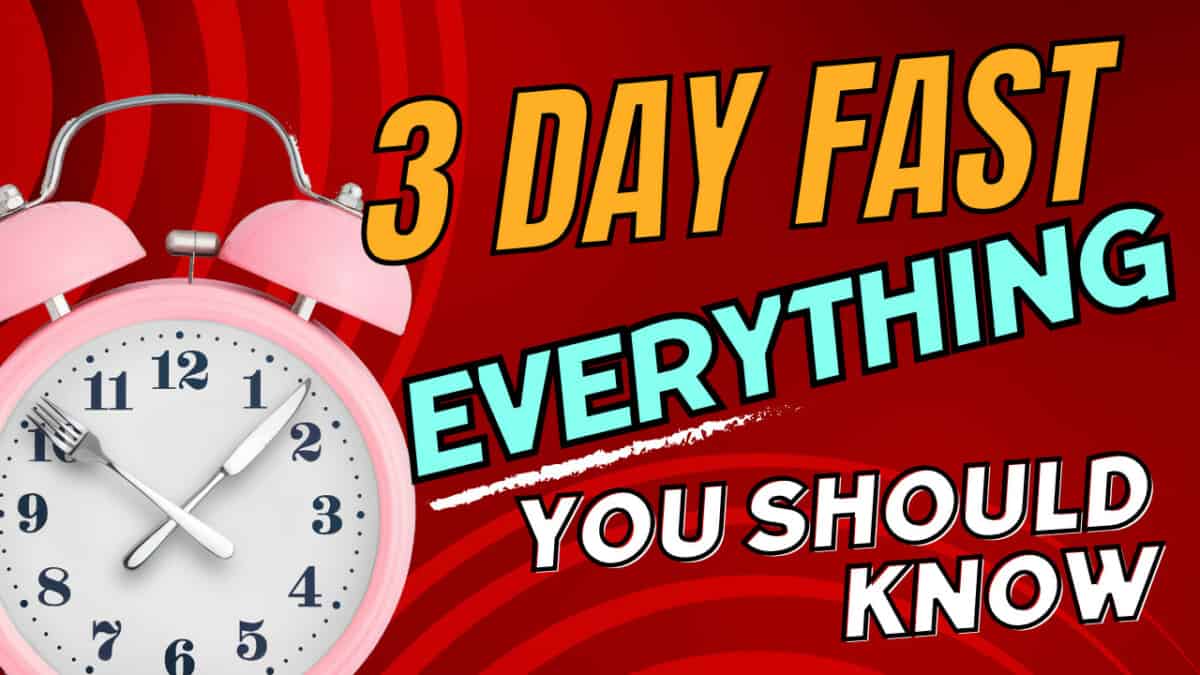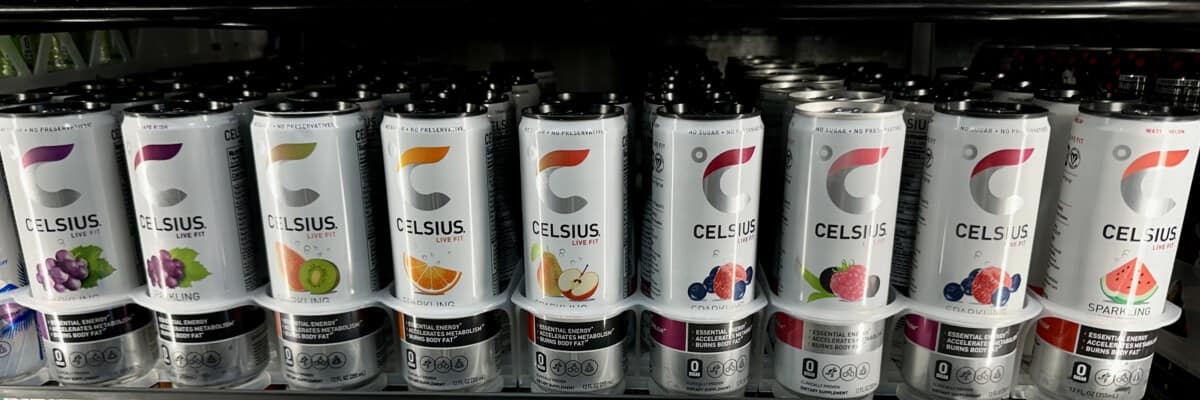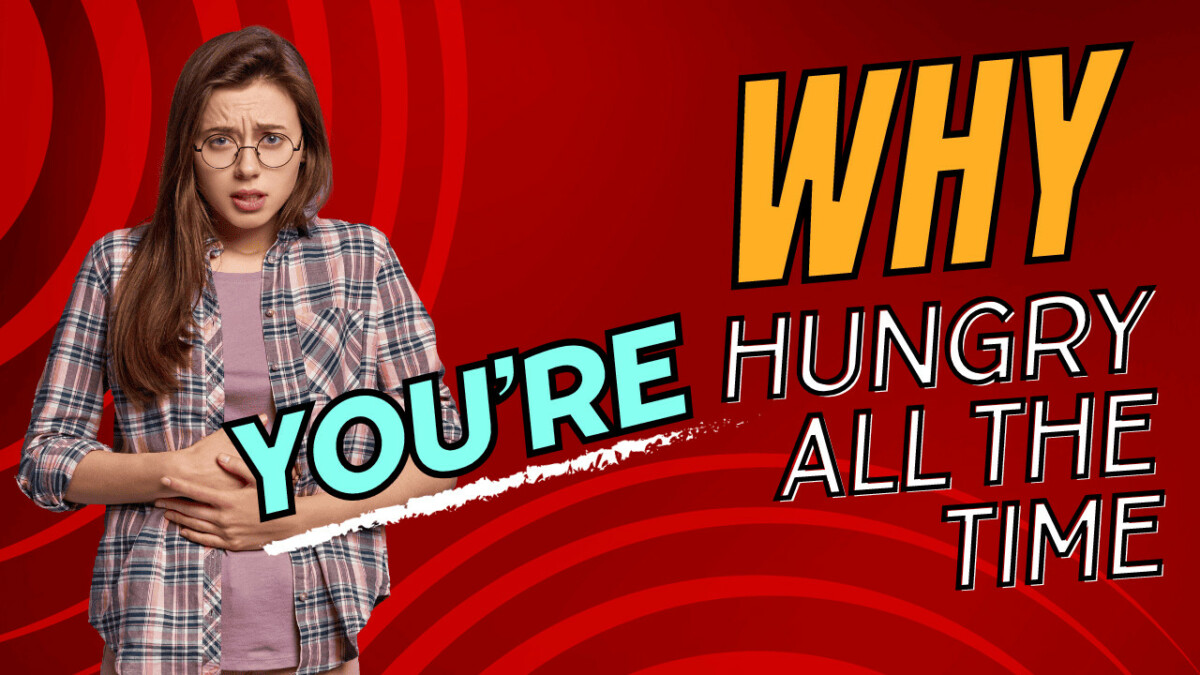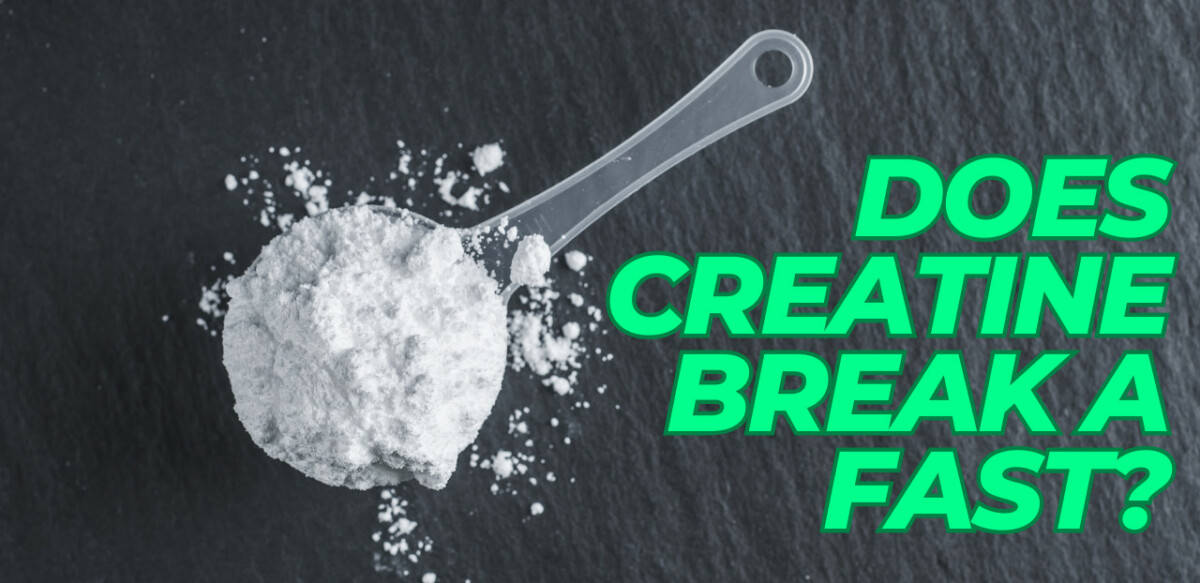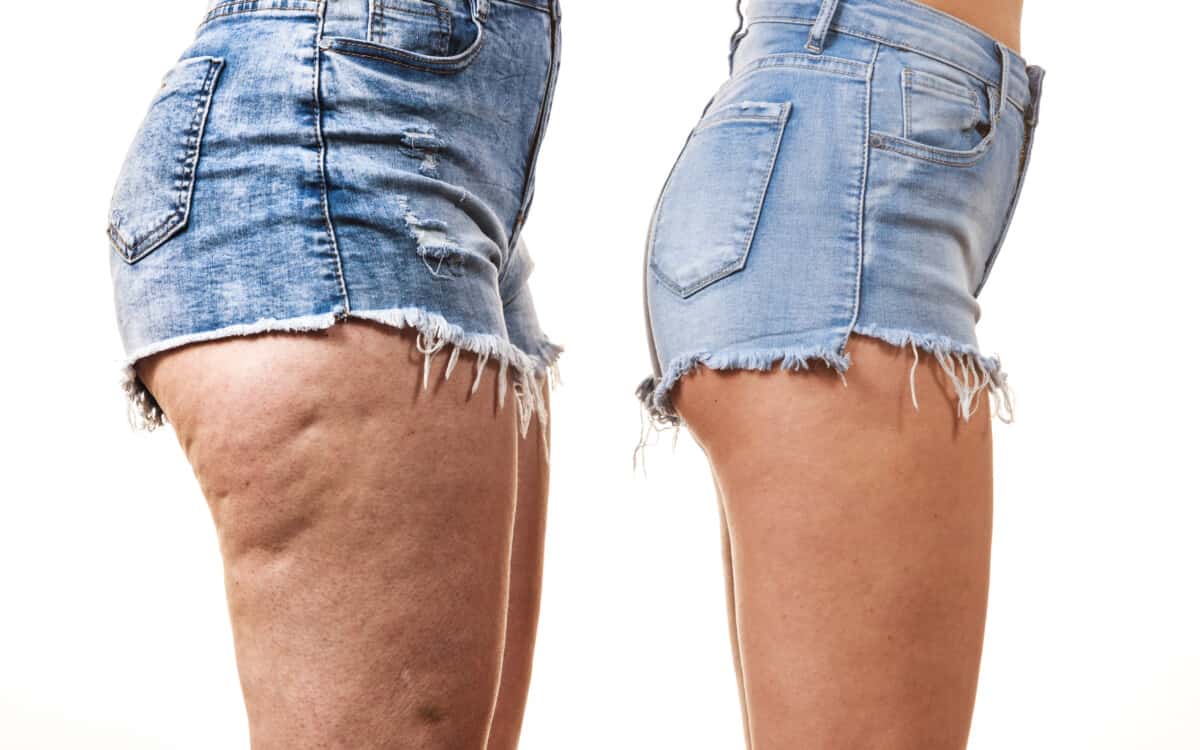Can you take psyllium husk when you’re intermittent fasting? The answer is… it’s complicated.
Psyllium husk falls into the “grey area” when fasting. Some think it instantly breaks a fast, while others believe it doesn’t. The truth is it depends on who you ask and what goals you’re fasting for.
Psyllium husk is a type of dietary fiber from the Plantago ovata plant. Psyllium husk is effective for promoting regularity and bowel health and is often recommended for people struggling with constipation.
But can psyllium husk break a fast? Here you’ll discover everything you need to know about psyllium husk and intermittent fasting, including the pros, cons, and if you should start taking it when fasting.
Does Psyllium Husk Affect Fasting
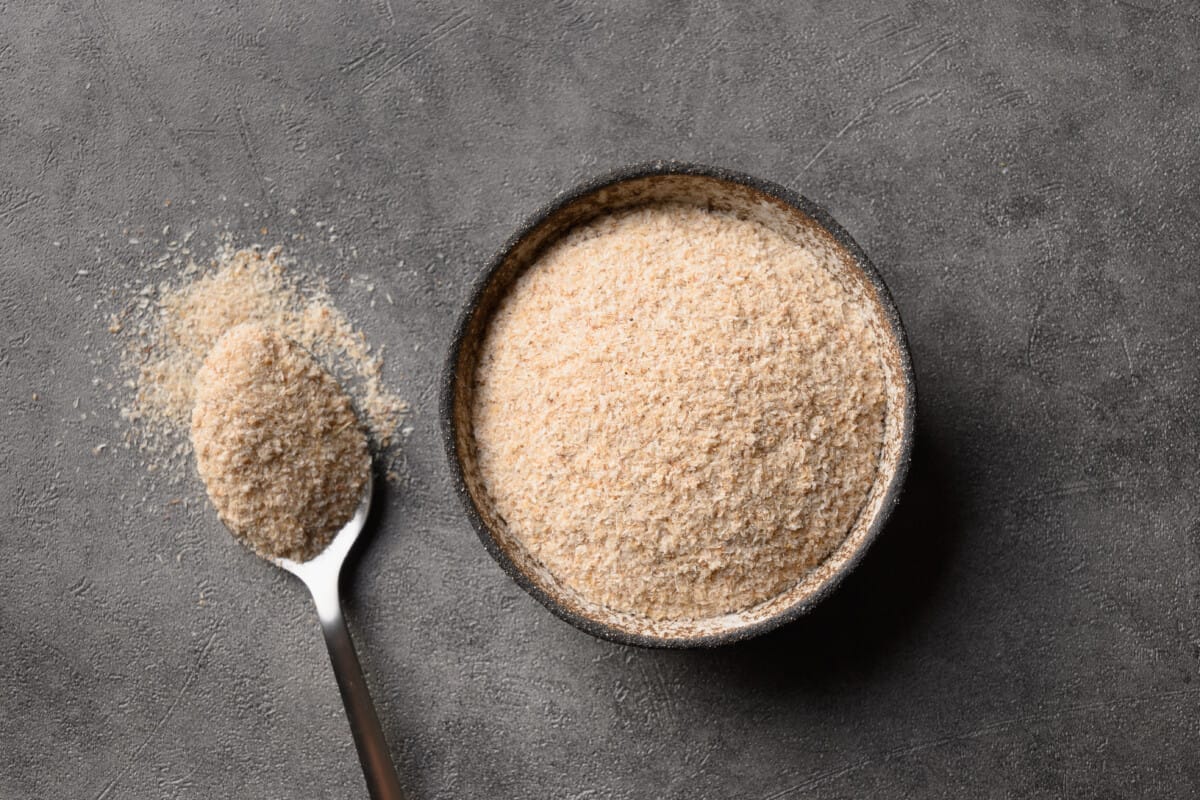
So what exactly is psyllium husk?
It’s a soluble fiber you can take in supplement form that helps bulk up your poop and gets it moving so it can be “eliminated” from your body. Psyllium husk is recommended for those who aren’t eating enough fiber and have trouble hitting their daily fiber goal.
If you’ve heard of Metamucil, psyllium husk is the main ingredient in this popular fiber supplement. When mixed with water, it’ll “gel up,” and when taken orally will help to push things along in your digestive system.
I prefer taking psyllium husk over Metamucil since it’s cheaper, and you don’t have to worry about trying to find the sugar-free version. The soluble fiber in psyllium husk is preferable over insoluble sources of fiber since the latter can scrape up your digestive system.
Psyllium Husk Pros and Benefits
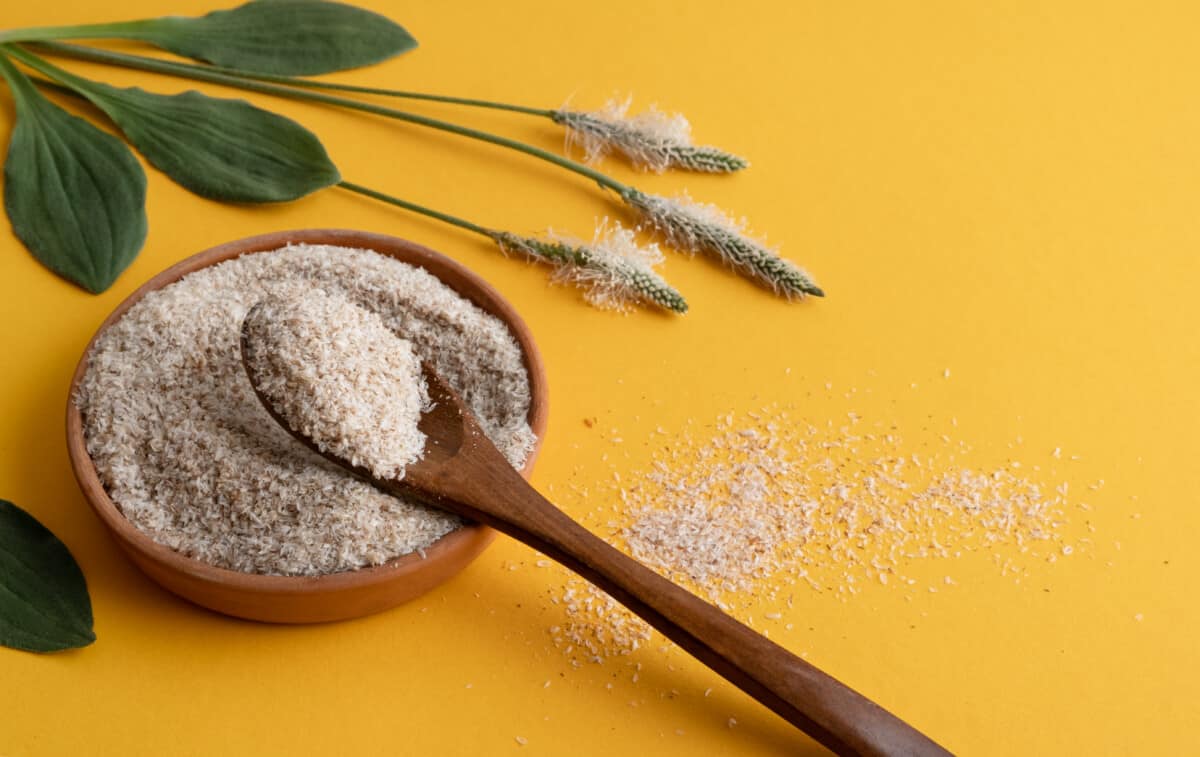
The most significant benefit of taking psyllium husk is its soluble fiber content. It can improve your digestive health by increasing bowel regularity (1). However, many prefer taking psyllium husk for their daily fiber (over fruits and vegetables) since it rarely causes gassiness and bloating (2).
Psyllium is also a prebiotic, which helps create a friendly environment for your healthy beneficial gut microbiome to flourish (3). Getting more prebiotics in your daily diet improves overall gut health as well as probiotics and digestive enzymes.
You’ll feel fuller for longer when taking psyllium since this fiber can help fill your stomach (4). Since psyllium husk is super low in calories, you won’t gain weight from taking it but will increase satiety keeping you from feeling hungry and tempted to eat.
Your blood sugar and insulin levels can also improve by taking psyllium (5). When you take psyllium fiber, it’ll slow down digestion. Then as the food you eat takes longer to absorb, it’ll also slow down how fast glucose (sugar) can enter your bloodstream. Psyllium has been found to be beneficial to diabetes for this reason.
Can psyllium help with weight loss?
Yes, but not so much directly. It’ll help to increase your feelings of fullness, preventing you from overeating. Overconsuming calories is one of the main causes of weight gain in the first place, so the less you’re eating then, the more likely you are to lose weight.
It’ll slow down the absorption of sugars and carbs you eat. Another big cause of weight gain is high blood sugar and insulin levels. Insulin resistance is a driving cause of obesity. As a result, your body becomes less metabolically flexible with high insulin levels meaning it’s harder to burn off fat stores for fuel (6).
Gut health plays a significant role in weight loss for a few reasons (7). First, unhealthy guts can result in out-of-whack hormones like ghrelin that tell your brain that you’re full after eating enough. A leaky gut can cause bacteria and nutrients to leak into your bloodstream. And if you’re not properly digesting food, you may become nutrient deficient, which will cause a rise in hunger to replace these lost nutrients.
Psyllium Husk Cons and Side Effects
The biggest complaint with psyllium is digestive issues. Even though you’d think a fiber supplement would always help improve your gut that isn’t always the case with everyone. You should first know about the side effects before taking psyllium.
If you’re taking too much psyllium fiber then it could lead to a blockage inside your bowels. Constipation from high amounts of fiber can cause uncomfortable cramping. Make sure you’re well hydrated and drink plenty of water to prevent this from happening.
I always recommend starting slow and only trying a little psyllium husk before going with the total amount. This will help you both test and ensure that it isn’t causing any GI distress. And you can ease into taking it without the worry of side effects.
How Psyllium Husk Affects Intermittent Fasting
When it comes to fasting, there is a lot of grey area, and psyllium husk falls right into it. Fasting isn’t so binary like an on/off light switch. Instead, a “50 calorie rule” allows you to have a few calories (not sugar) and not break your fast.
This is especially true if what you’re taking allows you to keep fasting for longer. If you’re having trouble making it through your fast due to hunger pangs, taking some psyllium husk can help get you over the hump. Sure it may take away a little bit of the results, but you’ll be able to fast for longer, thus getting overall better results in the long run.
Psyllium also contains other benefits for weight loss, like improving gut health and insulin resistance, making it an overall win.
Does Psyllium Husk Spike Insulin?
To know if psyllium will break a fast, you must first determine if it will cause blood sugar and insulin spikes. A fast is broken when you have sugar or another food that spikes your insulin too high.
When you break down the nutrition on psyllium husk it only contains a negligible amount of calories (less than 20). So it does have a tiny amount of calories but fits under the 50-calorie rule. Also, the carbs are from fiber, so you’ll end up ingesting zero net carbs.
Psyllium husk fiber also slows down the absorption rate in your gut. This will cause a slowing delay in how fast your gut can process the psyllium fiber, making it even more unlikely it’ll can trigger an insulin spike. If you eat a lot of carbs, taking some fiber as psyllium husk can help with “damage control” from the impending blood sugar and insulin spike.
They even use psyllium husk in keto and gluten-free baking for this very reason. It works as a binding replacement for grains and flour, but it’s even better. No carbs and doesn’t spike insulin!
Should You Take Psyllium Husk When Fasting?
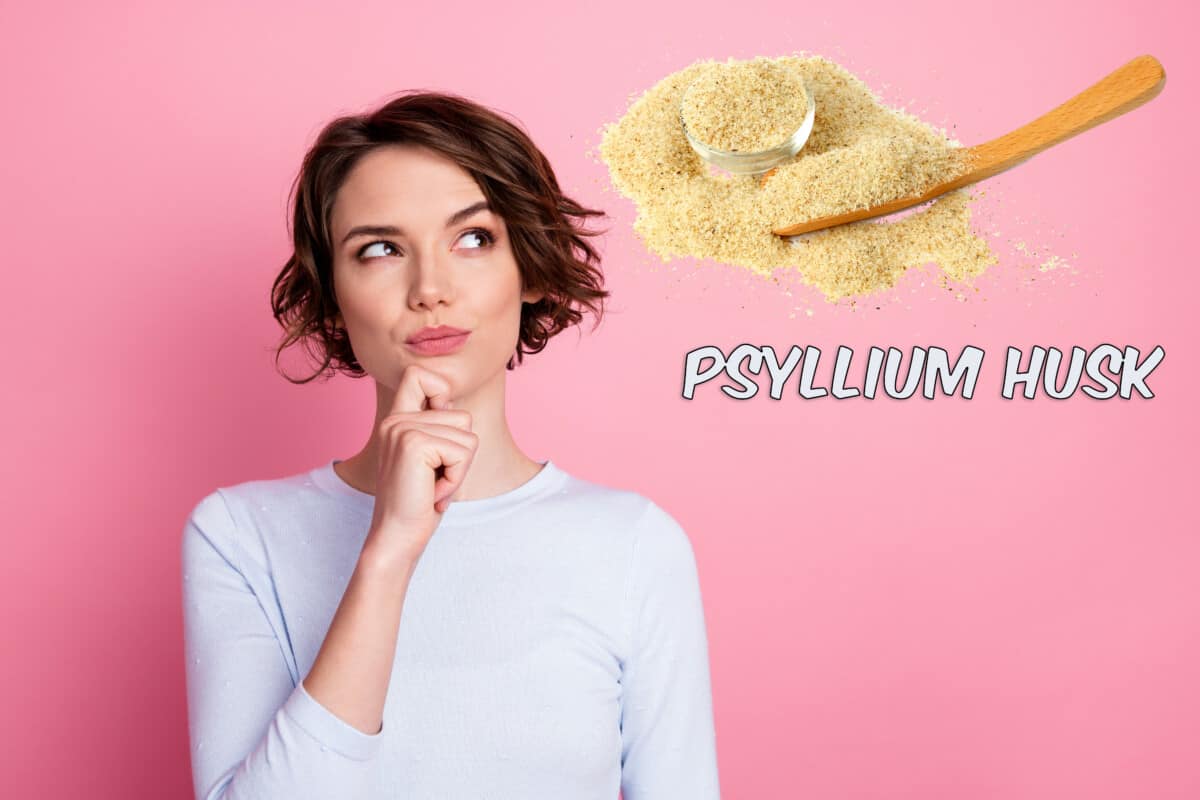
So now that we’ve established that taking a sugar-free psyllium husk fiber supplement won’t break your fast, there’s still one question. Should you take psyllium husk when fasting?
You can take psyllium husk when fasting, but it’s not something I would do every day. If you haven’t experienced any side effects from taking it, taking it should be fine every day, but I wouldn’t necessarily do it.
I’m not a big fan of taking a lot of fiber just because you can. Psyllium husk does make you poop, but I don’t see the benefit of taking one giant poop after another. It could only be a matter of time taking it before things start to get clogged up inside.
I’d only take it a few times a week (unless otherwise recommended by your doctor). I only take it when I’m having a hard time getting through my fast due to hunger. So I’ll take a serving of psyllium husk to help curb the appetite so I can keep fasting longer with ease.
In an ideal world, you’d get your needed fiber through the foods you eat during the day. So you shouldn’t really need to take a psyllium husk supplement every day if you’re eating right. But I also know most people aren’t getting their daily fiber requirement. Then the only other time I’ll take psyllium husk is due to constipation issues.
I also take the greens powder MetaboGreens that already contains prebiotics, probiotics, and digestive enzymes, so I’m not in dire need of more prebiotics.
How to Take Psyllium When Fasting
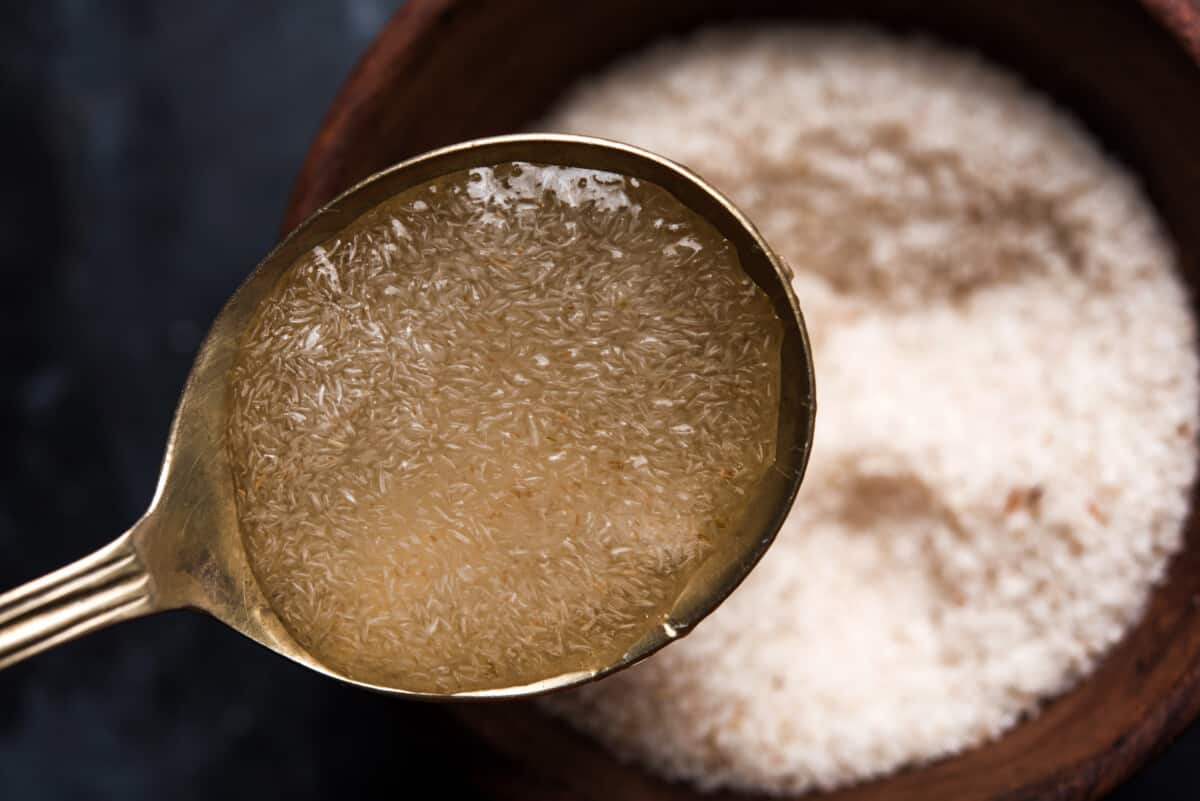
If you take psyllium when fasting, it’s best to have it towards the end of your fasting window. Usually, those last 2-3 hours can be the roughest hunger-wise, so then is the time to bring out the fiber to help fill out your stomach.
I’d try to take a psyllium seed powder over the husk too. The seed powder is more finely ground down. It bulks and gels up better in liquids while not having the grainy consistency of the husk. Psyllium husk can usually be found in health stores, but psyllium seed powder is easier to find online.
The powder from the psyllium seed contains polysaccharides that ferment this fiber to produce beneficial short-chain fatty acids. Acetate, propionate and butyrate are all produced through fermentation of the psyllium seed powder in the intestines. Butyrate acid is especially beneficial for your intestinal wall. The psyllium husk only has the epidermis of the seed and not the fermentable fiber.
Then make sure the psyllium husk fiber supplement or powder you’re taking doesn’t contain any added sugars. Sometimes the manufacturer adds in sugars or other sweeteners to improve flavor. But the sugar will for sure break your fast.
Conclusion
Long story short, psyllium husk won’t break your fast as long as you’re not a fasting purist. So if your main goal with fasting is weight loss, then drinking fiber during your fast can help keep you fasting longer and won’t break your fast.
Only fasting purists think anything other than water will break your fast. So that would include drinking coffee and green tea when fasting. So taking psyllium husk will reduce the beneficial effect of autophagy when fasting, so if that’s your main goal, I’d forgo it.
I’m not a massive fan of taking a fiber supplement daily unless necessary. I try to get all the fiber I need from the foods I eat. I’ll only take psyllium husk during my fasting window if I’m struggling with hunger or having digestive issues.
But if you want to take it every day, you should be fine, and it could even benefit you if you’re not getting enough fiber from the rest of your diet. Some powerful benefits to taking psyllium husk-like improving blood sugar and insulin levels, gut health, and digestive movement. And I’m happy to say psyllium husk won’t break your fast.
Josh holds a Bachelor’s degree in Exercise Physiology and Nutrition Science. He’s a Certified Strength and Conditioning Specialist (CSCS) by the National Strength and Conditioning Association and he’s a Certified Personal Trainer (CPT) by American Council on Exercise. He’s worked as a Strength and Conditioning Coach at the high school and college levels. He has over 15 years of experience as a personal trainer and nutrition coach. He strives to bring inspiration and results for people to live healthier lives through smart diet and exercise.



